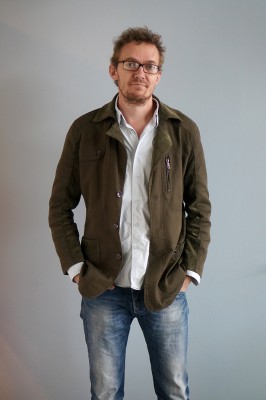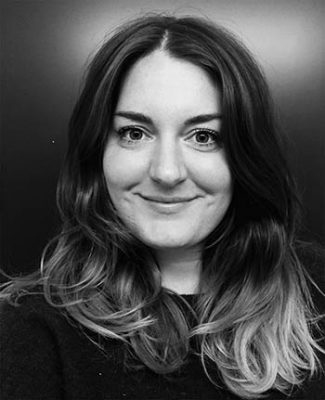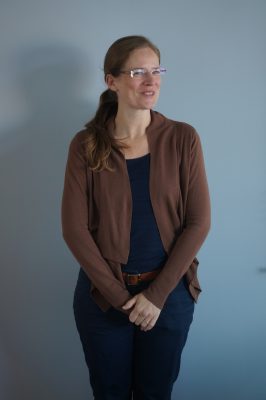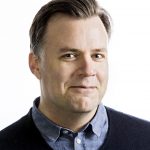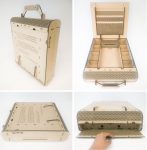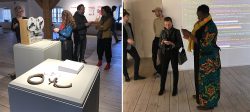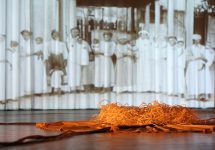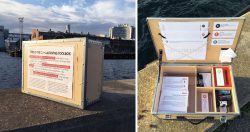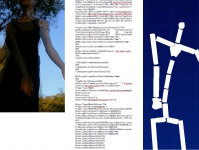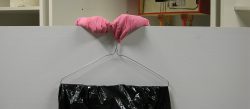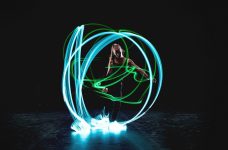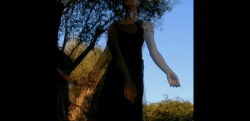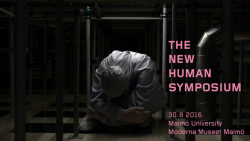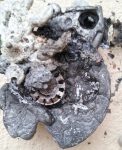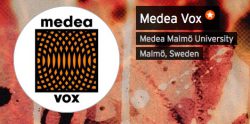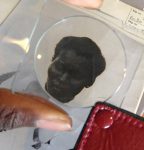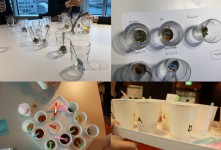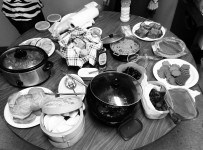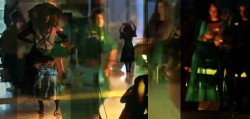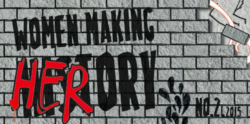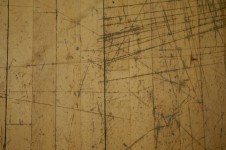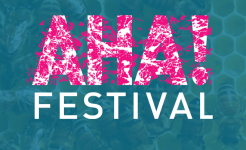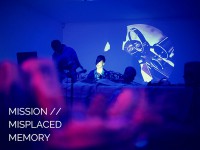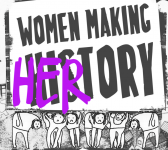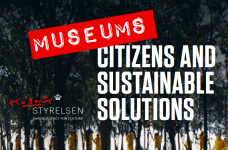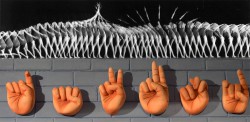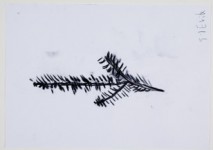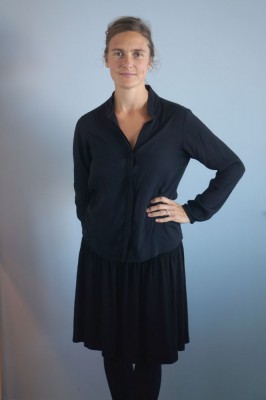
Curator of Contemporary Art and a Professor of Contemporary Art at the Academy of Contemporary Art in Tromsö.
Since the past fifteen years I have been working internationally with curatorial practice and educational processes. I have moved physically and intellectually between cultures, locations and practices collecting and interpreting people, material and their contexts from a critical perspective. Contemporary art, conceptual craft and design is a lens that allows me to understand life and participate in society and the politics of everyday life. My interest lies in the trans-disciplinary field with a focus on gender and power structures, and where art practices has a potential to move the world forward. With a focus and experience of within the museum and the public realm, as well as bridging the two, has led my research into various directions. Curatorial work has explored the exhibition as a narrative and as an archive. Social practice, participation and dialogical describe some of the interventions and processes that have unfolded over the past ten years. Through extensive worldwide projects, sometimes referred to as radical curating, of urban interventions and citizen engaged exhibitions like Civic Matters, Urban Concerns, The Gatherers Greening our Urban Spheres, Fear and Gender in Public Space, I have collaborated with citizens, artists, museums, municipalities, NGOs, universities and more. I most recently directed Espacio de Arte Contemporáneo at Museo de Arte Moderno la Tertulia in Cali, Colombia. Together with ASOMUCAF we built the playground and conceptual site La Vida es un Teatro in the eco-village for women in Nashira Colombia.
“We are dropping notes of our time” an artist says in the conversation we have about our art practices and writing history. My interest lies within curating the archive as well as investigating the aesthetics and politics of collecting, compiling and presenting stories and gestures. Within the Living Archives research project my research has been in the Urban Archivingstrand. Here I have been working with artistic research and practice in relation to urban texture, storytelling and performing the archive. We have been working with gardens and communities as archives to explore memory, cultural heritage and inclusion vs exclusion.




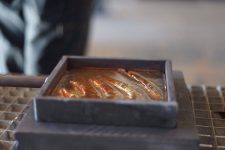
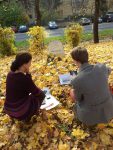
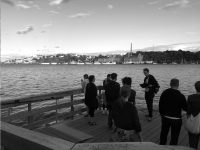
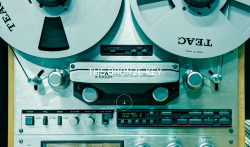
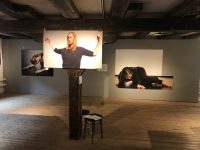
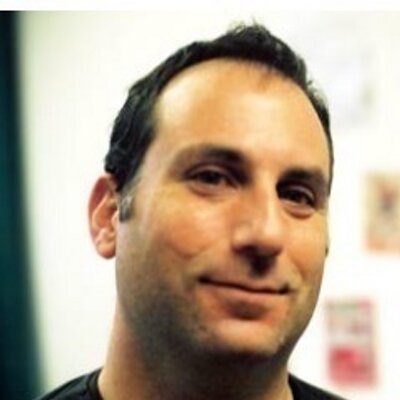
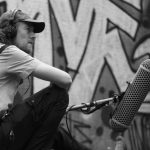
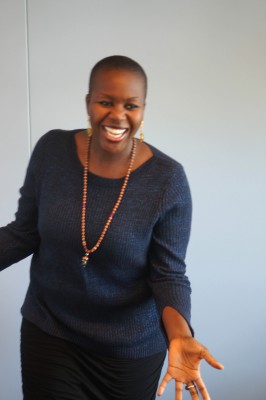
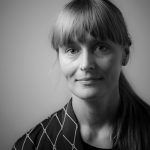

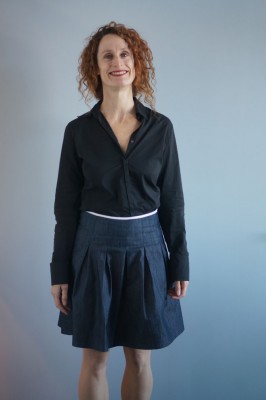 Project Lead
Project Lead
